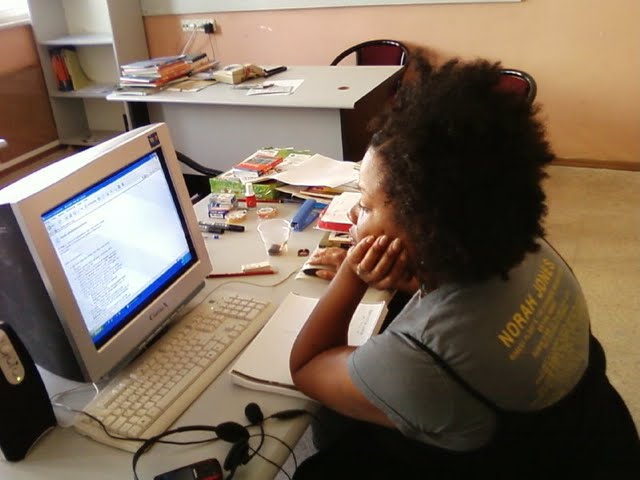Dear Ms Conner Farris,
We have carefully read your letter regarding our roaming commercial and we are sorry to hear that you were offended by the scenario of the film. I want to ensure you that our intentions were never to insult any of our viewers, or the people with African origin. We would like to give you some information about the objective and the background of this advertisement in order to clarify our intent.
As you may know; every advertising has a communication objective. For that particular advertising, we want to communicate that “Turkcell customers can call Turkey wherever they might go, even to the most distant places on earth. Especially now, with attractive prices”.
In order to exemplify “the most distant places”, we chose our setting as the deep Africa jungle. The setting could have been the North Pole with Eskimo’s or the Mongolian desert with Mongolians or Rain Forests with local tribes. As you can imagine, any of these choices could make the point that Turkcell’s services are available across 160+ countries around the world.
As our example setting was deep in the African jungle, we have illustrated a tribal environment. As the story goes, our Turkish group enters a territory without permission and as it would be in anywhere in the world, entering a country or private property without proper permission, you can be held by local security officials. Following their capture, our group is talking about calling Turkey to get help. We assume you would understand that regardless of the setting, anywhere in the world, the above mentioned story would be true.
Non-Turkcell users in the story are hesitating to call Turkey due to high roaming charges. Our Turkcell customer on the other hand carries out conversation worry-free due to Turkcell’s roaming packages. This message is the essence of the commercial. As with many other commercials, it communicates the offer by comparing its benefits side by side with the competitors.
We want to emphasize again, that we never intended to mock or cause any offense to you, nor the people with African origin. Nor, have we communicated that all Africans are living in the jungle under the same conditions. Like most of the movies, TV commercials are also derived from fictious stories and as Turkcell, our inteniton would never be to offend anyone from any race, gender, profession or nationality.
We do hope that the above explanation satisfies you.
Kind regards,
A******* A*******
Marketing Communications Division *****
Turkcell Communications Services











